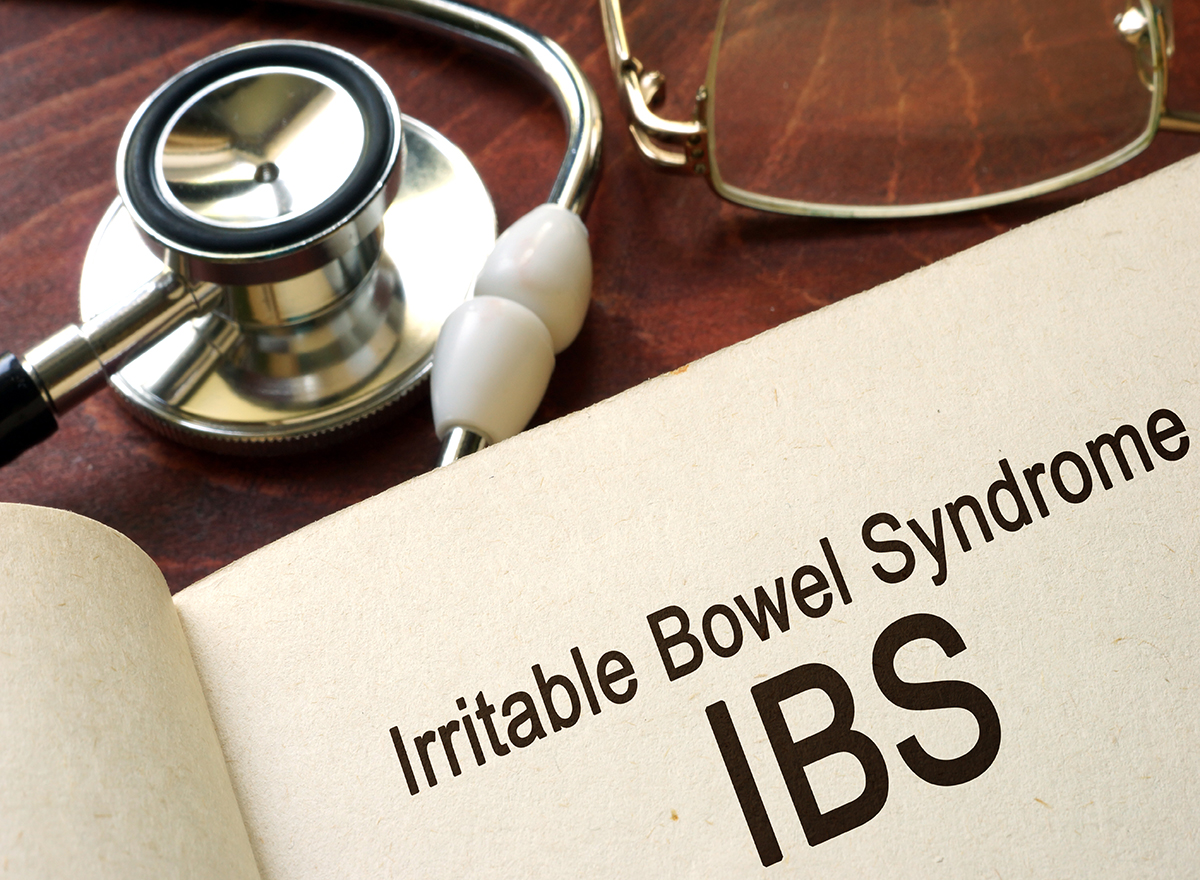Affecting between 25 and 45 million people in the United States of all ages, irritable bowel syndrome (IBS) is a chronic disorder that affects the large intestine. It is characterized by abdominal discomfort, pain and altered bowel movements.
The walls of the intestines are lined with muscles that relax and contract in a pattern, helping food from the stomach to the rectum. In those with IBS, the contractions and relaxation periods may be drawn out, causing bloating, diarrhea and gas. In some cases, the opposite may apply, with weak contractions slowing the progression of food through the gastrointestinal tract and resulting in a hard, dry stool. While medications are labeled as cures for IBS, some in the medical community believe all that is needed are lifestyle changes and healthy habits.
- Avoid High Fat Diets
The old saying is “you are what you eat,” and that may never hold as much truth as it does for patients suffering from IBS. High fat, high sugar, and high cholesterol diets contribute to diarrhea, constipation, bloating, and gas. Coincidentally, these are the top four symptoms associated with Irritable Bowel Syndrome. Our advice is to eliminate these from your diet and go with a lighter, low-fat diet.
2. Eliminate Trigger Foods
While avoiding a high-fat diet may do the trick, some patients may be susceptible to specific trigger foods that often trigger, hence the name, symptoms of IBS. For many, these include fried, spicy, and sugary foods. If you are not sure that a food or drink is causing your symptoms, try eliminating it from your diet for a week and see how you feel.
3. Take Probiotics
Probiotics have become more and more popular as time goes on. The thought has been that “bad” bacteria in the GI tract can wreak havoc and promote symptoms of IBS. Probiotics are, in turn, “good bacteria,” that your body needs to promote a healthy balance. The process of digestion is a long and complicated one. Too many things can be interrupted. Probiotics, whether in pill, liquid, or food form, helps the process and can ease your IBS.
4. Eat a High Fiber Diet
Less fat, more fiber. Whole grains, nuts, oatmeals, and vegetables are just some of the nutritious foods that one should incorporate into their diet whether they have to experience IBS or not. Fiber is vital for keeping your digestive tract in working order. The only drawback is that for some people, they may cause discomfort rather than relief. If you are not sure, please speak with your healthcare provider directly.
5. Anti-Diarrheal Medications
We often believe that IBS can be controlled without any medication. However, we understand at certain times medication is the best bet. During a sudden flare-up, anti-diarrheal medications will help slow down the digestion process and allow your stool to harden back up. In turn, cramping, gas, and bloating should be relieved. Understand though, that this is not the cure. Since underlying factors are still promoting.


